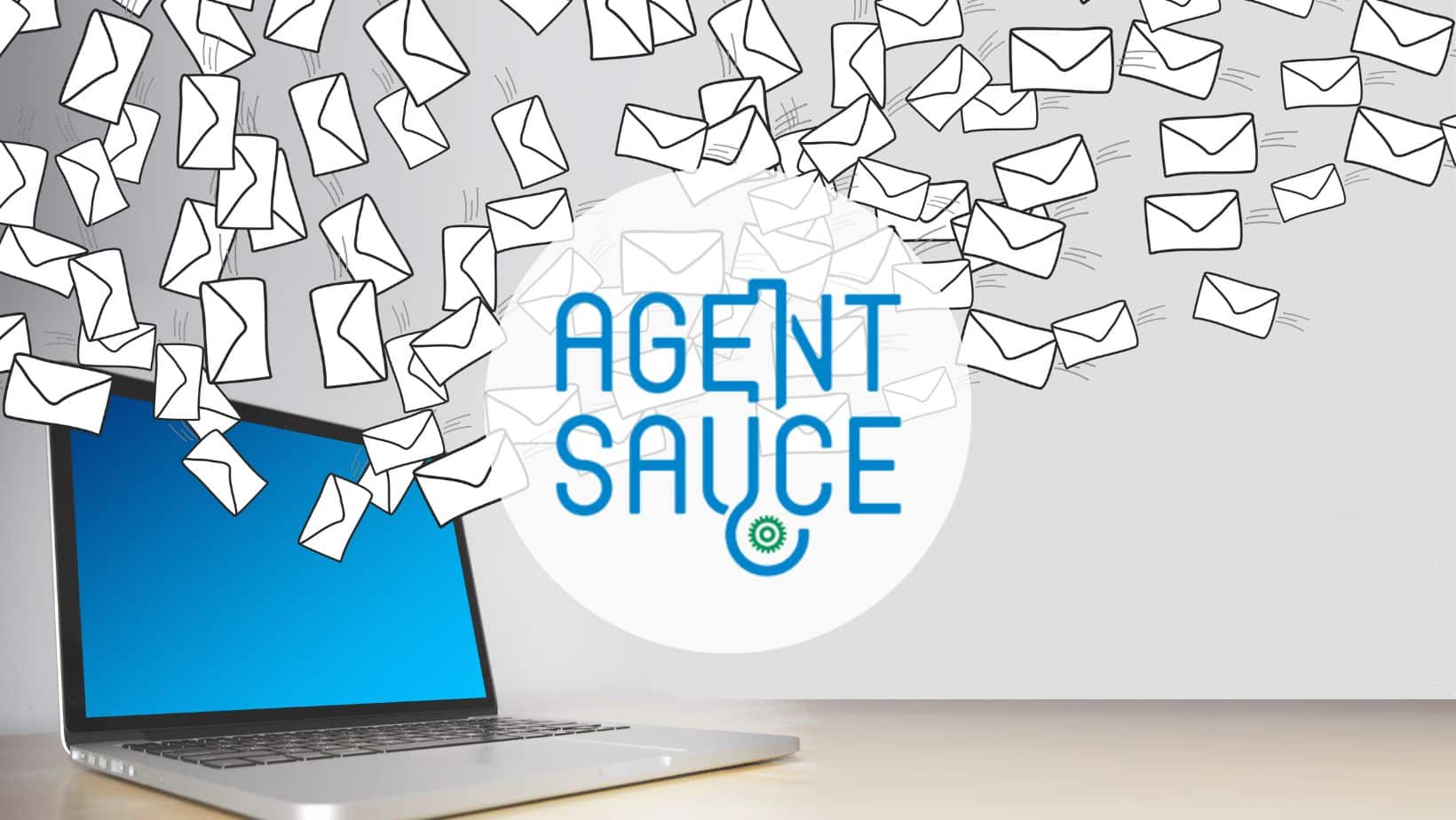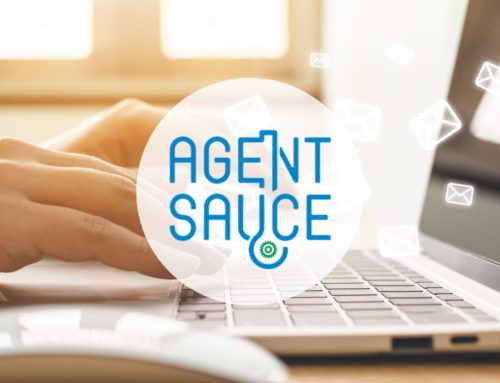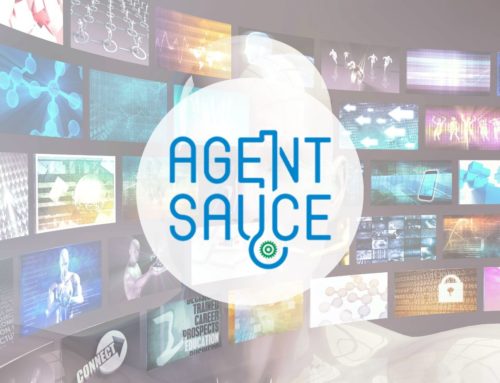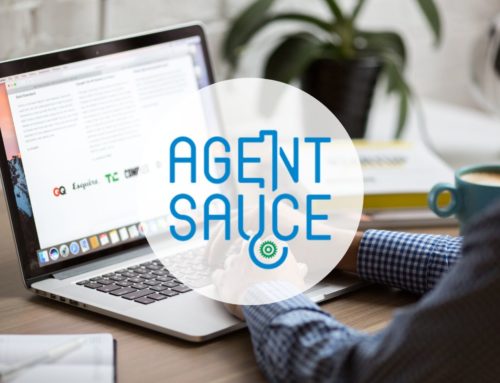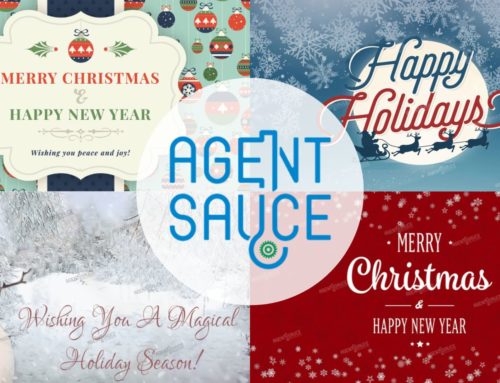5 Email Marketing Tips for Real Estate Agents to Stay Top of Mind
Buying a home is one of the biggest life decisions one makes that involves a large sum of money. People are careful about who they trust when it comes to buying a home. The thought of moving has likely been on someone’s mind for months, sometimes even years, before they take the first step. According to stats provided by the National Association of Realtors in 2021, 75% of buyers said that they would use their agent again or refer them to others. It’s imperative that agents maintain that relationship in order to get these referrals and repeat business. It is also important to engage with new leads when trying to get new clients. Email marketing is one cost-effective way to do both. Below are 5 tips for making your email marketing work for you.
Be consistent
There is a saying ‘out of sight out of mind’ which is very much applicable to marketing. Repetition makes people remember you when they are ready to make a purchase. You have to decide on the appropriate email frequency that doesn’t overwhelm subscribers. Sending too many emails regularly can annoy potential customers and they might consider unsubscribing from your email list. To help you be consistent, you can use a system like ours for email automation to plan and schedule when your emails are sent. You can also segment your audience and start drip campaigns so that you can send more relevant emails based on your audience.
Sending weekly or monthly newsletters in which you can feature new listings, home improvement ideas, market data, area events, recent home purchase success stories, etc. to your audience is also great for engagement. Be sure that your branding is up to date and prominent in your emails and that you include a call to action such as a prompt to get a complimentary home evaluation in every email. Being consistent puts you in front of your customers and potential customers when they may be considering a move that can pay huge dividends.
Use a good subject line and pre-header text
How do you make your email stand out among the hundreds or more emails that people receive every day? People have busy schedules and can’t spend too much time reading all the emails. They don’t open an email unless they think it matters to them or will add value. Your email subject line is that crucial part that helps them decide whether they read or delete your email. So, it has to be something that is unique or eye-catching and that will spark their interest. The average open rate for real estate email is in the range of 16 – 18%. Keep in mind that you are likely reaching more of your audience than that over time with email marketing as it won’t always be the same people opening.
Normally subject lines that are short in the range of 41 to 70 characters do well. Using A/B testing, you can figure out which subject lines are working best for your targeted audience. A good example of an effective subject line would be “Your home value is increasing” which makes the receiver pleasantly surprised and also curious to open the email to read more.
The pre-header text further supports and elaborates the subject by giving some more details about the purpose of the email. However, it must be clear and aligned with the subject to improve open rates. It is a line of text that should be in the range of 40 to 130 characters to be viewed on mobile devices and desktops. A pre-header for the subject above could be “Find out how much you could sell for today!”
 Personalize your message
Personalize your message
Emails provide an easy way to personalize your message. One way to do this is to add things like your contact’s name- just be sure that you have it in your list correctly. It’s better to have no name than to have the wrong name. Segmenting your contacts by tagging or having different lists helps you to send emails based on interest or other things specific to certain contacts. Tagging the veterans on your list allows you to send a more thoughtful message on Veterans Day to those you know have served.
Writing in a casual, friendly tone adds that personal touch and makes you look genuine to customers. While it’s important to remind your contacts what you do, avoid being overly salesy and using taglines that almost every other agent is also using.
Sending emails with special content during events such as holidays, birthdays, home anniversaries, anniversaries, etc. shows your audience that you care about them. Most people enjoy having their birthday acknowledged and remembering the people and companies who remember their special day. Ecards make this easy to do. You can set these to go out annually for you automatically.
Sharing local events via email is a great way to show someone that you are knowledgeable about current happenings in the area. You can even reach out to the planners to let them know you want to share their event and request to add them to your email list.
What’s inside matters
Once a customer opens your email you should continue to wow them with your email content so that they never want to miss your emails. The email should be clear, and concise with appealing visuals. The images of homes in emails must be of high quality. The structure and flow should be easy to follow, and the CTA should be easy to find.
Most buyers check properties online as a first step. So, providing quality information through emails and other online channels is paramount. For leads actively searching for homes, realtors can use links to videos and virtual tours in their emails to make them valuable. Don’t forget to prompt them to contact you for that personal home tour.
Sending fun emails with trivia or some other game related to the real estate industry with small rewards can encourage engagement with your audience.
Power of Storytelling
Storytelling is an effective way of communicating with impact. Sharing a story of how a first-time homebuyer worked with you to get their first home can be helpful to other first-time homebuyers experiencing the same fears and challenges that a seasoned buyer might not have. Telling your story of why you got into real estate can help prospects connect with you and help you continue to build your relationship with past clients. Talking about the history of a city or neighborhood educates the reader while highlighting your knowledge of the area. Including short stories on topics that matter to your contacts can be good too. For example, you could share the impact adding smart features to a home has had on a homeowner.
At every touchpoint, it is important to create a memorable experience for users. If your customer opens and reads your email, they should feel like it was beneficial to do so. People remember how your content made them feel and if it connects with them, they will want to read your next one.

